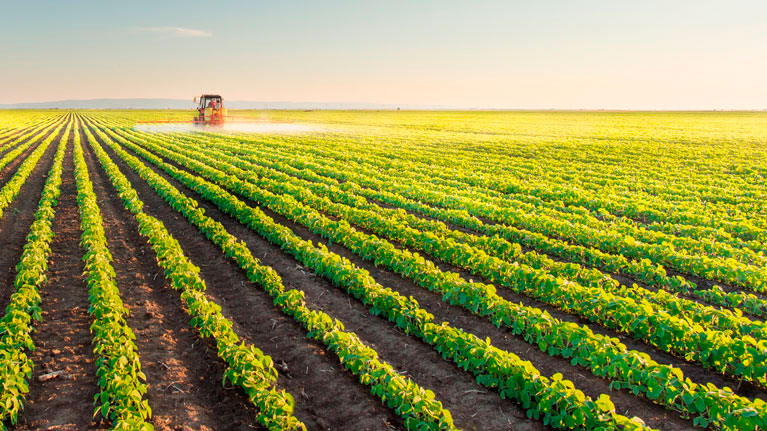Circular Economy
Compared with the traditional production plan, Circular Economy offers opportunities for minimising the industry’s environmental impact, generating value simultaneously. Research into new technologies is advancing rapidly, with innovative products, services and processes that are also sustainable on both an ecological and social level.

Whereas the current development model is based on linear production, “produce, use, discard”, Circular Economy proposes a different paradigm, inspired to a large extent by nature itself. This model consists in making the most of finite resources, creating new production processes that minimise waste and enable said waste to be re-utilised as raw material. This way, the environmental footprint is reduced and value is created which is not linked to the consumption of scarce resources.
According to the European Commission, there are several priority sectors in which action is essential in order to reduce the industry’s environmental footprint. Among them are plastics, biomass and biomaterials, critical raw materials and food waste. The solutions proposed by the Circular Economy model consist in applying the principles of reducing, re-using, repairing and recycling to production processes.
The IK4-TEKNIKER technology centre has spent years developing research projects that constitute a good example in the application of Circular Economy. The centre has R&D initiatives in areas such as the use of new materials, biorefinery, reduction in energy consumption in industrial environments and sustainability in the food and agriculture sector.
In the industrial sphere, the projects implemented by IK4-TEKNIKER include the revaluation of surpluses, the use of sub-products to develop new materials, as well as additive manufacturing in order to minimise the use of raw materials. In terms of the utilisation of finite resources, the centre is also implementing research aimed at the reuse of waters and the use of new technologies to reuse heat.
The challenge of reducing food waste
The food sector has one of the greatest environmental impacts given that it has a very intensive usage of resources such as water, energy and land, while generating high levels of CO2 emissions. Traditionally, it is also a very inefficient sector in terms of the utilisation of resources. In food chains, close to 50% of food is wasted and, every year, over 100 million tons of food ends up in refuse bins. As well as the ecological and social impact, this waste implies a cost of almost 150 billion euros.
Research into biotechnology, product engineering and biochemistry proposes innovative alternatives in order to utilise resources in the food sector in a much more efficient manner. In this sector, the technology centre has implemented several lines of applied research based on Circular Economy.
The focus consists in the reduction of the consumption of natural resources and materials, as well as the reduction of waste. To this effect, the projects developed by the centre include the revaluation of surpluses from the food industry, the automation of recycling processes and R&D into new packaging that allows the shelf life of food to be prolonged.
Further information
For further information, visit the page dedicated to the food and agriculture sector.
